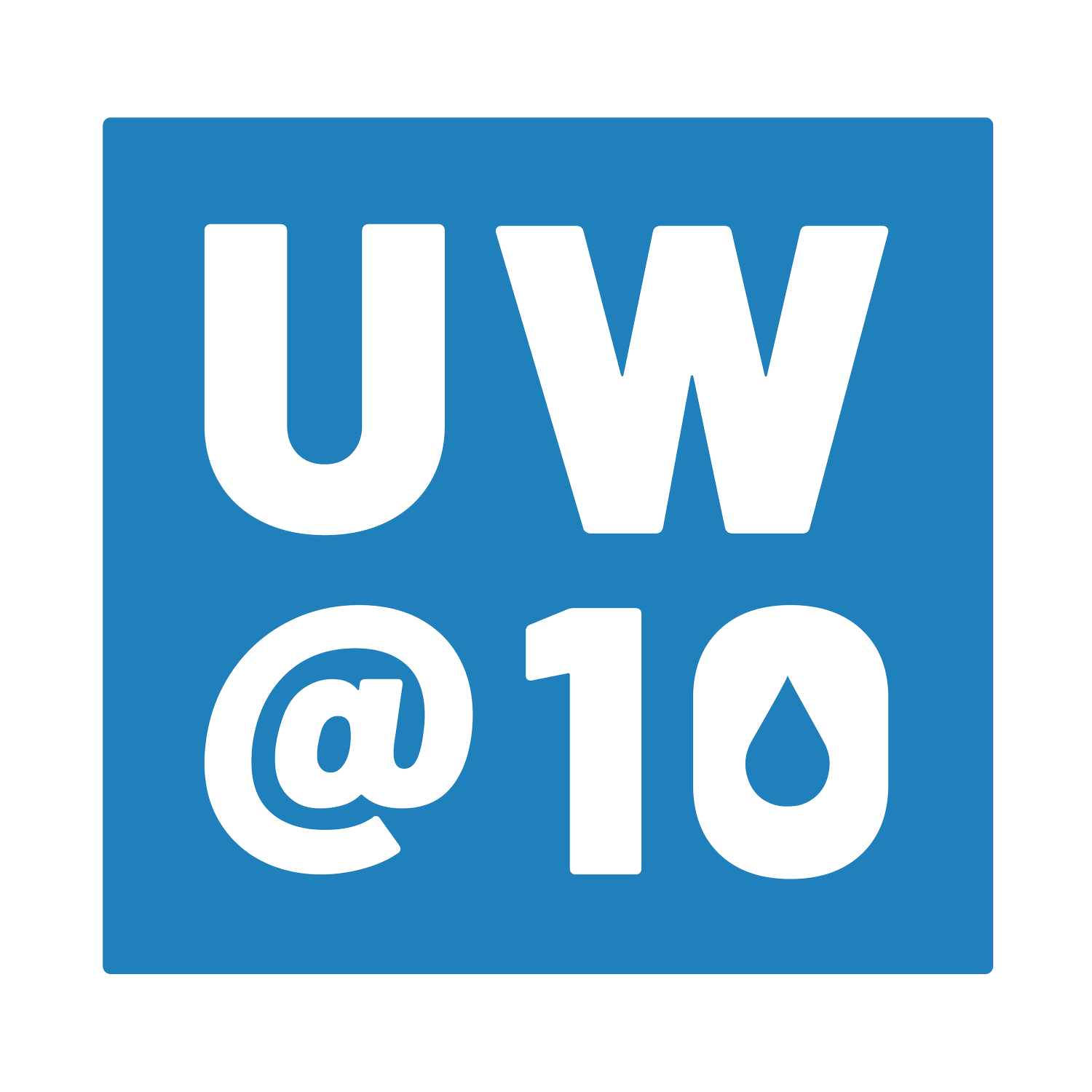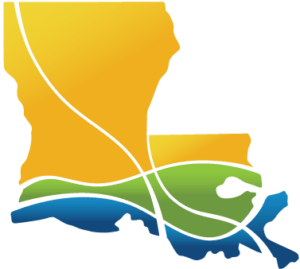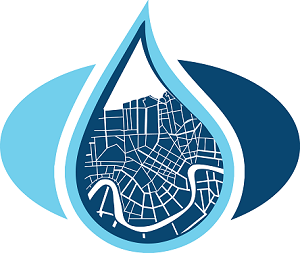
Democratic Participation & Engagement
Empower trusted messengers to grow and sustain citizen engagement
An informed and engaged public is essential to maintain infrastructure investment, support for resilience and adaptation projects, and ultimately to sustain our communities and culture. Public engagement efforts on urban water projects have shown that confusion over basic hydrological and environmental knowledge remains, both within public institutions and the public at large, leading to mistrust between relevant public institutions and within civil society generally that can hamper efforts to implement urban water projects. Past failures and traumatic events with urban flooding have also contributed to mistrust in the public sphere over large-scale flood mitigation projects. Reconsideration of current education and engagement approaches is needed to build trust and knowledge among all stakeholders, and new strategies are needed to increase the participation of—and shared benefits for—all community members.
Background
"Once we’re in the room together, it works.”
- Summit Participant
Insights & Opportunities
Questions around lack of trust were the most highlighted issue at Urban Water @ 10 discussions on participation and engagement. Lack of trust between citizens and public institutions results from lack of awareness of priorities, lack of education and knowledge on water infrastructure and the environment, and misperceptions of causes and effects of flooding as environmental conditions like rainfall and land subsidence change.
Participants recognized a feeling that community leaders in New Orleans are uninvested in opportunities for neighborhood improvement, prioritizing more pressing issues like crime and disaster response. It is difficult for both leaders and citizens to balance short-term needs and long-term goals.
Participants identified a lack of trust in city government due to a lack of understanding of how tax dollars are being used, especially around the cost of infrastructure construction, operations, and maintenance. Education on how city government works and how funding is allocated could help address the trust issue, but people may not want to get too "in the weeds" with the details.
Complicated and very long-term project timelines make engagement difficult to sustain. Infrastructure implementation is often slow in the best-case scenarios.
Participants identified a challenge of communicating with community members who may use terminology differently than professionals for the same things. This is a particular barrier when project leaders attempt to understand neighborhood problem areas for new project planning.
Citizens want a water system that works, but they do not necessarily care how it works.
A civil servant focused on infrastructure projects and landscape maintenance describes their job as "whack-a-mole" with endless holes to fix, but views each specific problem fixed for a neighborhood as a positive step towards delivering city services.
Property owners are the most engaged in urban water issues and there is little incentive or interest for renters to engage in conversation. The resources for homeowners’ associations, advocacy organizations, and community groups are uneven across the city.
Cities struggle with lack of workforce resources, including a backlog of small paving projects due to staffing shortages.
The perception of “outsiders” trying to solve community problems can be seen as dismissive and disrespectful, especially for communities who self-identify in ways not recognized by standard planning maps and metrics.
Knowledge of groundwater dynamics in the regional system is patchy and incomplete, leading to a lack of stakeholder understanding of the importance of groundwater management for everything from street stability to flood mitigation to landscape maintenance. This places limitations on the design and maintenance of urban water projects.
Elected officials are already public messengers and can be conduits for engagement in new ways. This includes “unofficial mayors of the block” who already have the trust of their neighbors. An initiative to “train the trainees” focused on these groups can help improve knowledge and reduce misinformation, especially during significant weather events.
Own the mistakes. Those responsible for operating and maintaining our water systems face many challenges day-to-day, but occasionally owning an oversight or problem—rather than blaming others or citizens’ lack of understanding of the system—demonstrates accountability and can increase trust over time.
Develop a region-wide commitment to locally adapted K-12 curriculum to empower youth to grasp and eventually take on water challenges in the future (for more see Education priority).
Use basic city services, like street maintenance and trash pickup, as trust-building opportunities for larger efforts and leverage them in creative ways for better communication and messaging about city priorities and initiatives. Routine city communications, like property assessments and election information, could contain non-political information, infographics, and links to programs and progress underway.
Engage with local church organizations and cultural bearers in New Orleans, emphasizing their role in addressing community problems and building partnerships. More and better storytelling can build inroads and create meaningful change.
Develop personalized outreach strategies to engage community members where they are, such as at local festivals or events, and use language that emphasizes local culture and community ties. Face-to-face interactions can help build trust and improve equity but there is no one-size-fits-all solution for engaging underserved populations.
Develop, attract, and retain public servants with the necessary skills to lead successful public education/engagement efforts by making these jobs attractive in terms of pay, benefits, and other compensation. Identify funding mechanisms to make this work competitive with the private sector and ensure sustainability for these positions.
Recent efforts to monitor groundwater in specific neighborhoods and projects should be expanded in a regionally consistent fashion. Opportunities for community members to monitor groundwater and report their findings can benefit this effort.
Example Projects



